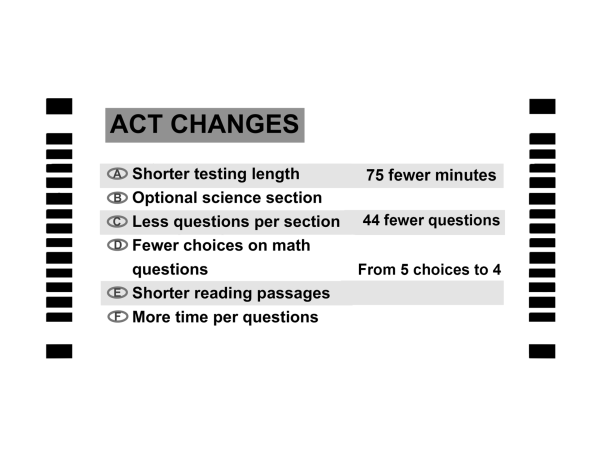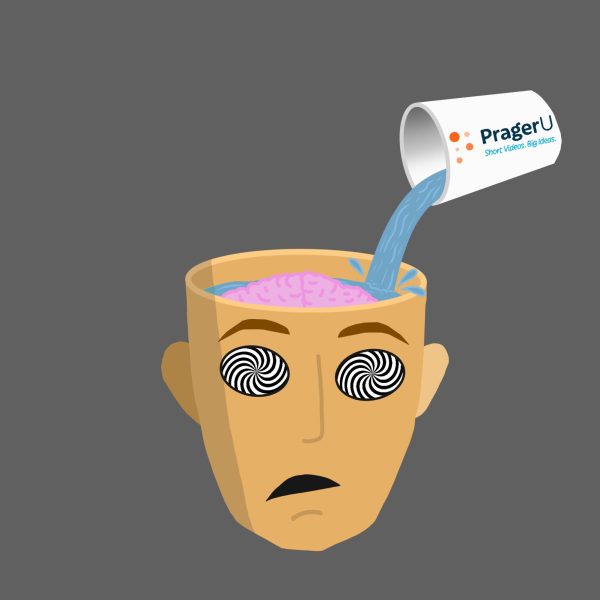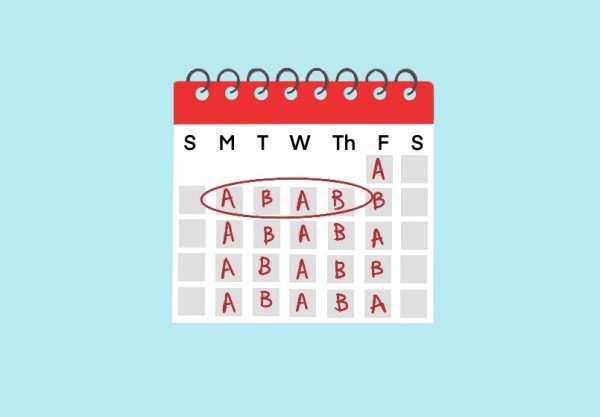Practical classes better prepare students for real world
Although Grady may prepare many of us well for getting into college, our school does not offer nearly enough classes more relevant to the real world.
In my junior year, I took the Gifted Mentorship class with Andrew Nichols, the Grady gifted coordinator. In my time at Grady, this class, by far, taught me the most about how the real world works. In the first semester, we discussed basic professional skills, learning about what proper business attire consists of and how to appropriately function in a professional environment.
We even made resumes and conducted mock interviews in preparation for the second semester. After winter break, we worked with advisors in the Atlanta Public Schools gifted program, and applied for different positions for organizations around the city. So, instead of taking a class I will never really use after college, I spent my time researching under a professor at Georgia Tech, gaining valuable experience.
The value of this class was not in its constant homework assignments, practice or work, but rather in how applicable its content was too real life. Instead of reading over translations or doing practice problems on a daily basis, the interview and professional skills I learned in the first semester and the work experience I gained second semester gave me a glimpse into the professional world.
Although I took a lot away from this class, the reality is most other students at Grady have not had the same experience as me. My Gifted Mentorship class was offered one period and had about 12 people. Whenever I mentioned it to someone, they had never heard of it before. This suggested two things: Grady should advertise the class more, but also must work on offering other classes more applicable to real-world situations.
I am not saying there is no value in the other classes I take, though. This year, my AP Latin course has taught me a lot about what study habits work best for me. Some of my other classes have revealed how important practice and participation are to understanding material. Both of these realizations will help me immensely in college.
Despite these benefits, my education on more basic practicalities of life are still severely lacking. Can I balance a checkbook? Do I know how to file taxes? If a situation arose where I was forced to change my tire or make some quick adjustments to my car, would I be able to? No, probably not.
However, this year Grady took some steps in the right direction, most notably with a class called Scientific Research. While I am not taking it, I often wish that I was. Taught by Ben Sellers, this class teaches fundamentals of things such as plumbing, electrical work and car mechanics. If I ever have a problem with something encompassed by these fields, which most people eventually will, the information taught in this class would prove very helpful.
The advantages of these more practical classes are numerous. Although more traditional courses that some students will take, like an AP English or an AP Calculus, might boost your chances in the college admissions process, the reality is that for many students, skills learned in these classes have little to no impact on their day-to-day life or career after high school.
However, the majority of students will not even take higher-level classes like AP Calculus or AP Latin, making it even more important that they have more practical alternatives. In all likelihood, I will not face a situation where my slim knowledge of integrals will help.
A 2013 study conducted by Opportunity Nation, a group committed to expand economic mobility, found that nearly six million Americans were neither in school or working between the ages of 16 and 24. Our school has not prepared us well to face that reality.
I am a senior here at Grady and am excited to be a part of the paper for a second year! Last year, I held the position of junior online editor, and wrote...





